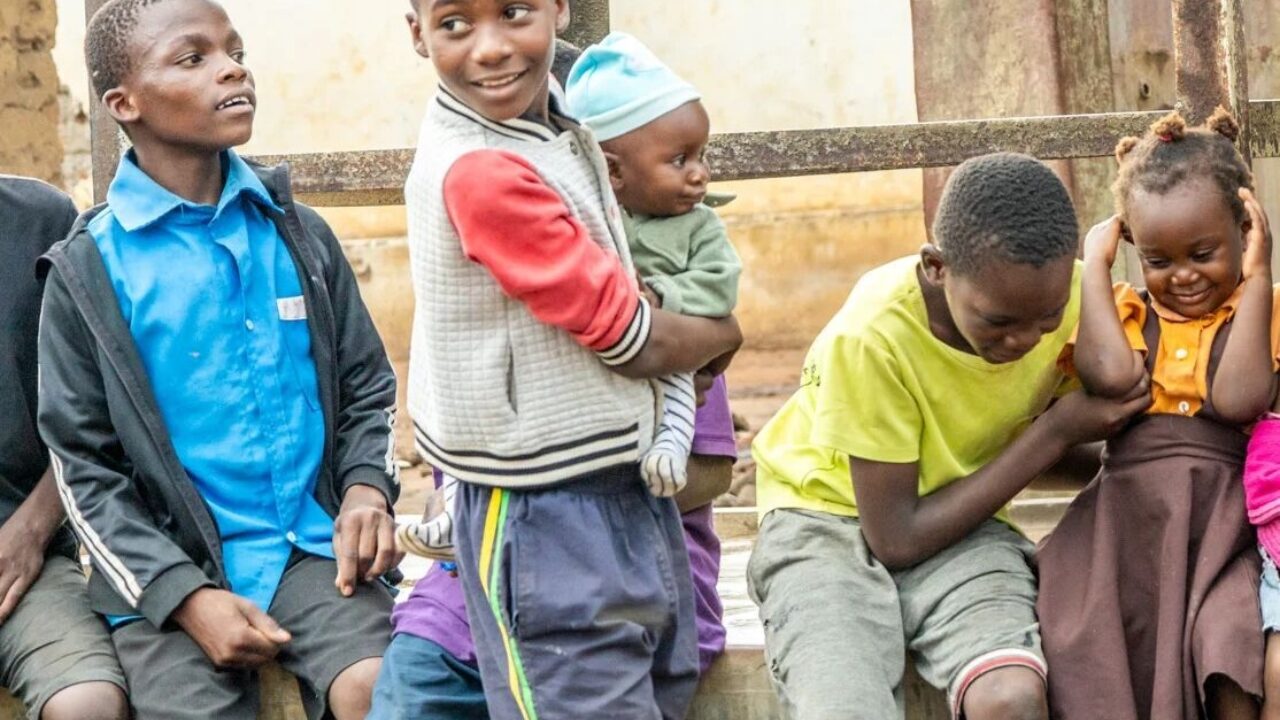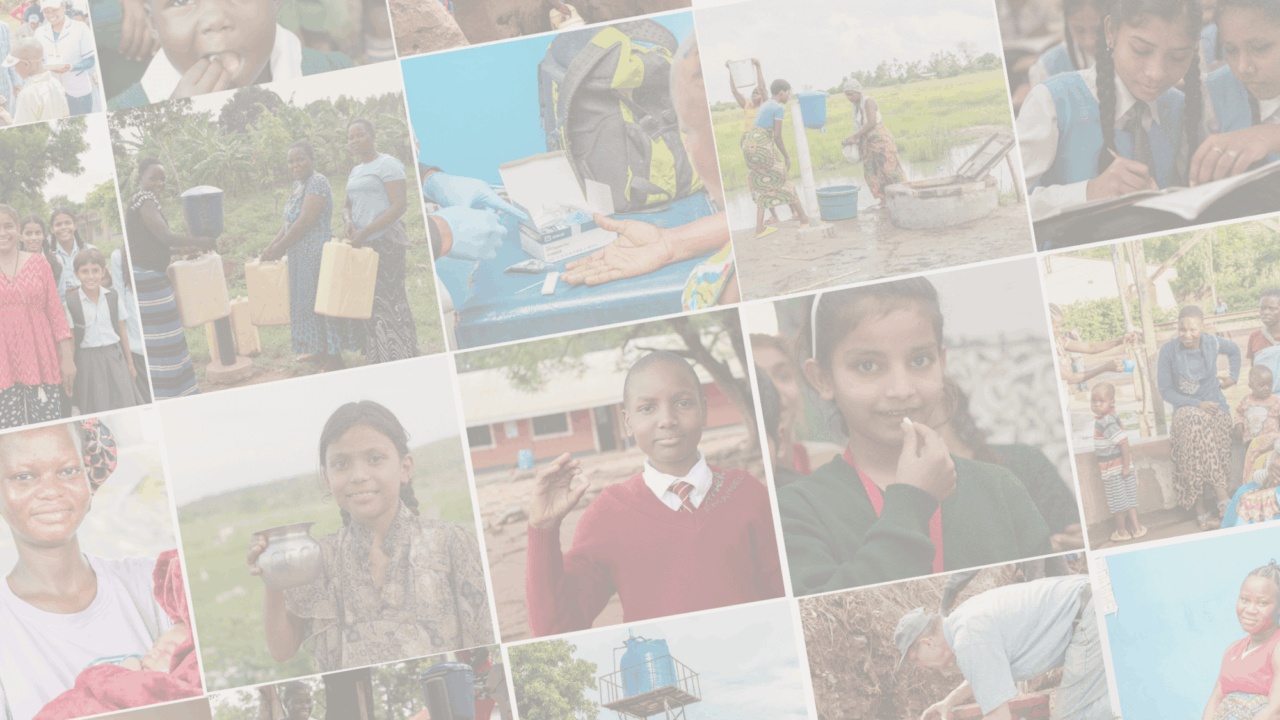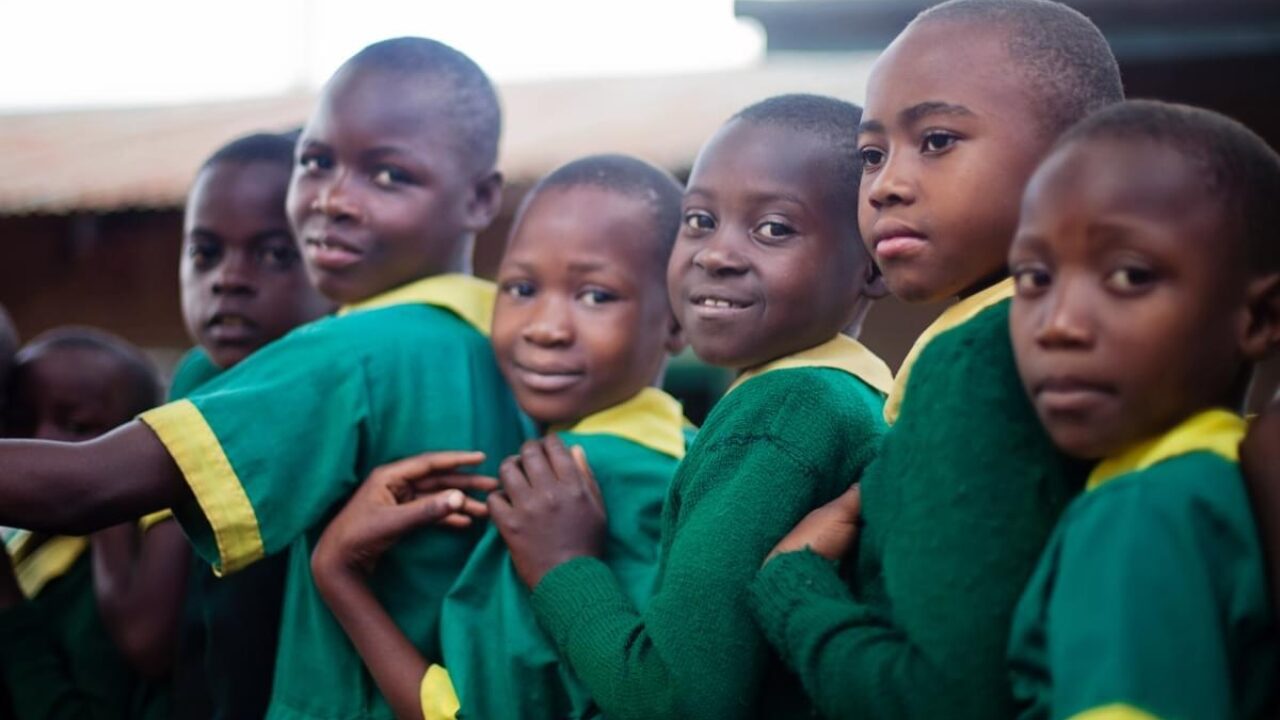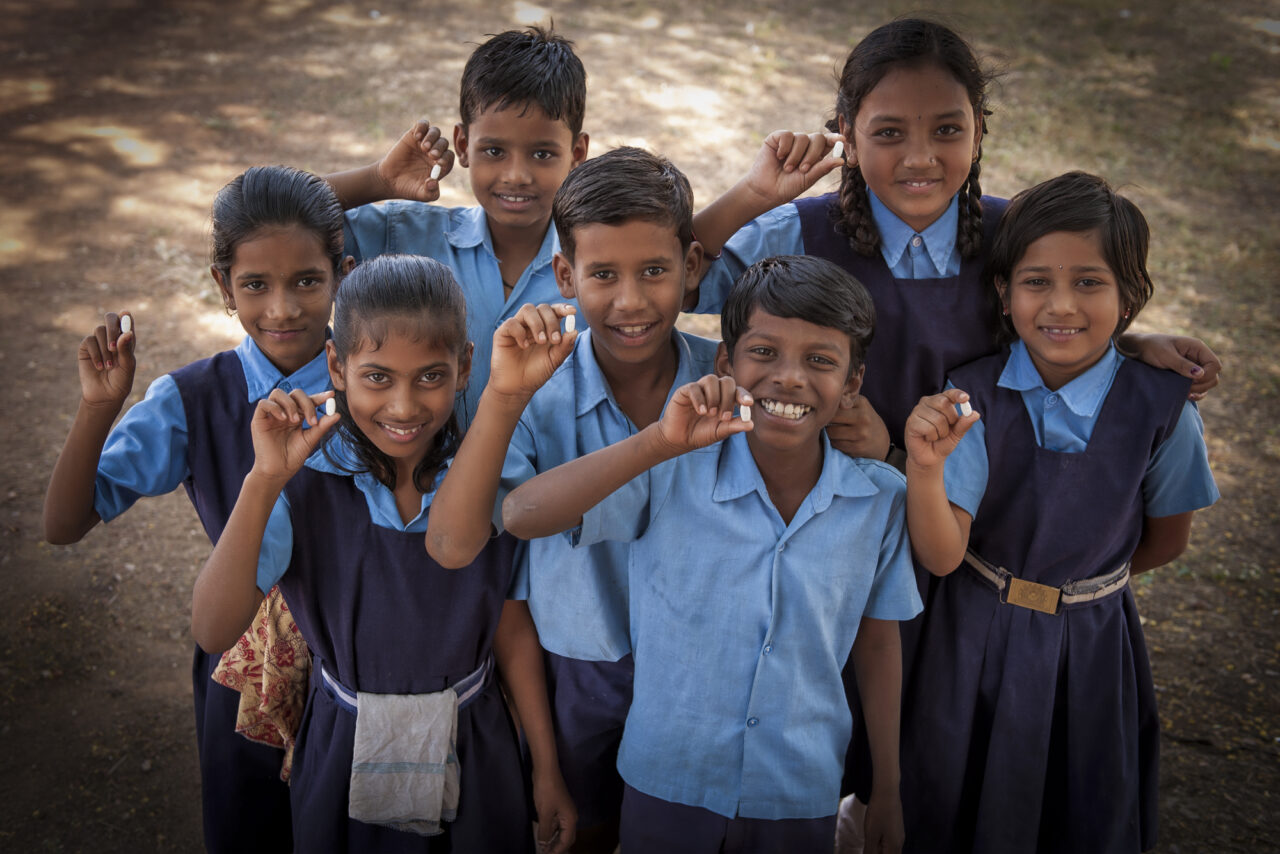
Neglected tropical diseases affect one billion people
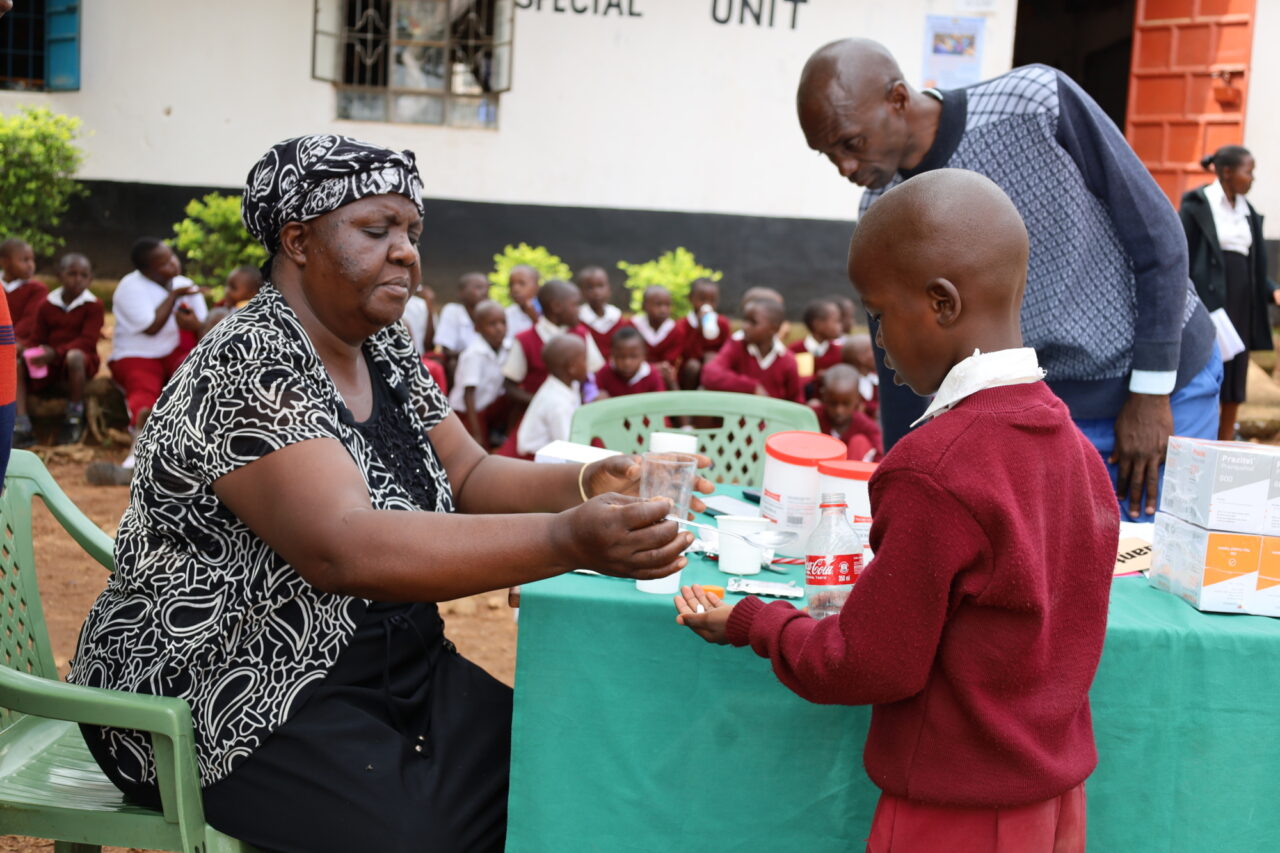
Deadly diseases that infect people in the poorest places
Among the most common infections globally, neglected tropical diseases (NTDs) flourish in areas with inadequate healthcare access, perpetuating cycles of poverty and health inequities. Despite their prevalence, these diseases historically received less attention than other health concerns, resulting in prevention, treatment, and research gaps.
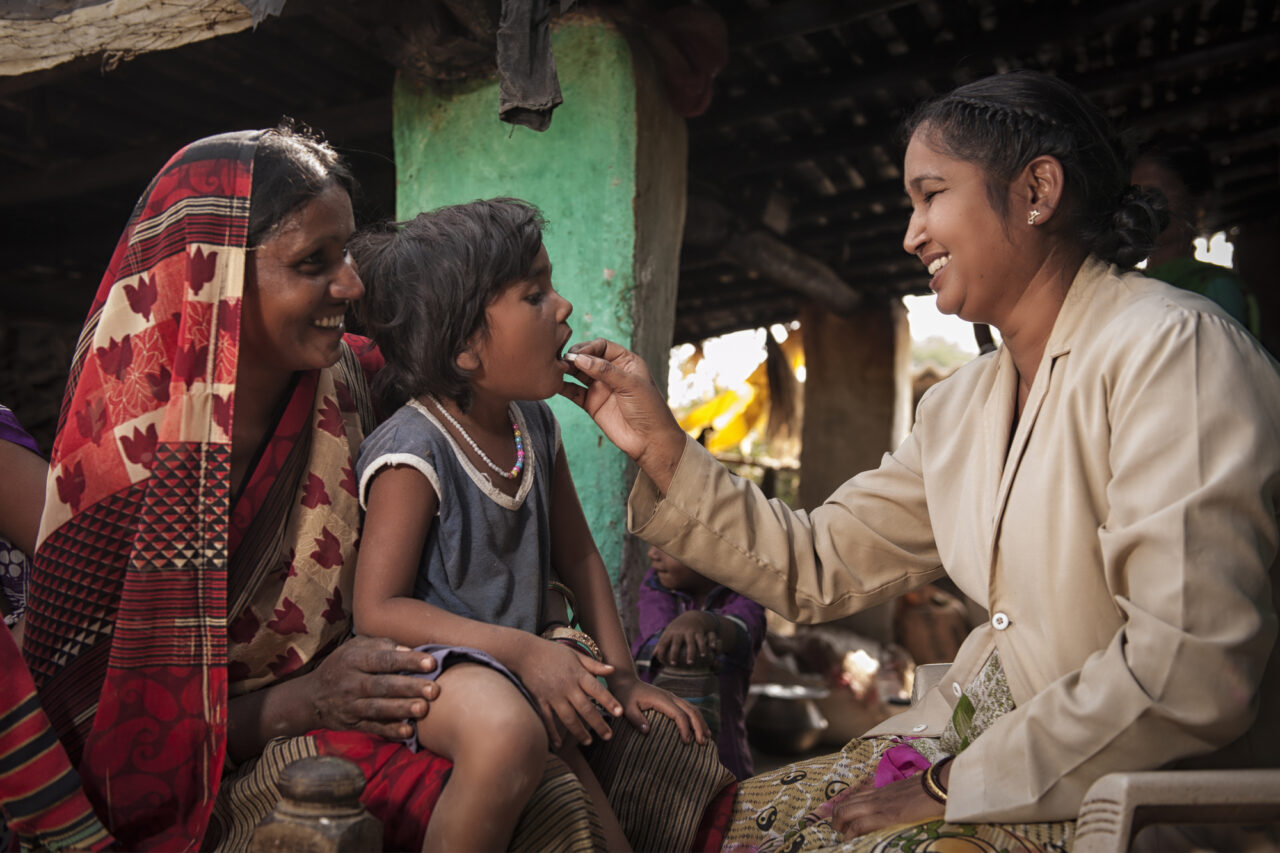

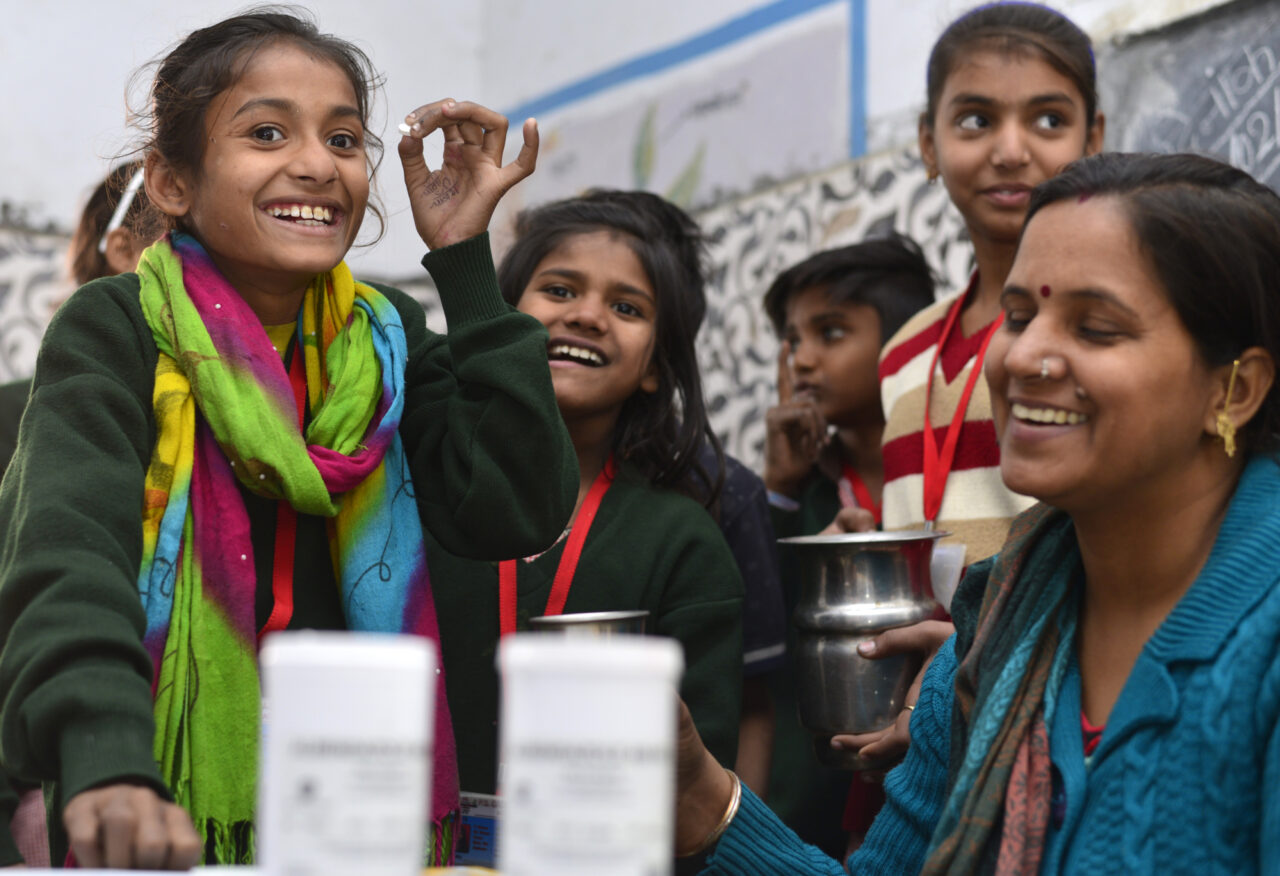
What are neglected tropical diseases?
Neglected tropical diseases (NTDs) are a group of infectious diseases primarily affecting low-income populations. NTDs, including schistosomiasis and soil-transmitted helminth infections caused by parasitic worms, pose serious health challenges – especially for children – by stunting growth, disrupting education, and limiting economic opportunities. Fortunately, safe and cost-effective treatments for NTDs exist. The World Health Organization (WHO) coordinates pharmaceutical donation programs to meet global medicine needs, but additional support is essential to ensure these treatments reach those at risk.
Scaling effective interventions that promote health equity
Our Deworm the World program brings free parasitic worm treatment to children in their schools and communities, instead of placing the burden on the families to obtain it. We partner with governments to implement mass deworming that targets all at-risk children where prevalence of worm infections is greater than 20% as recommended by the WHO. Mass deworming is the only cost-effective way to make sure the greatest number of infected children receive treatment, as the costs of diagnosing infections are 4 to 10 times greater than those of treatment itself. Our deworming work reaches hundreds of millions of children in Africa and Asia, fighting the spread of infections and reducing the global burden of these diseases — giving children the chance to live healthier, fuller lives.
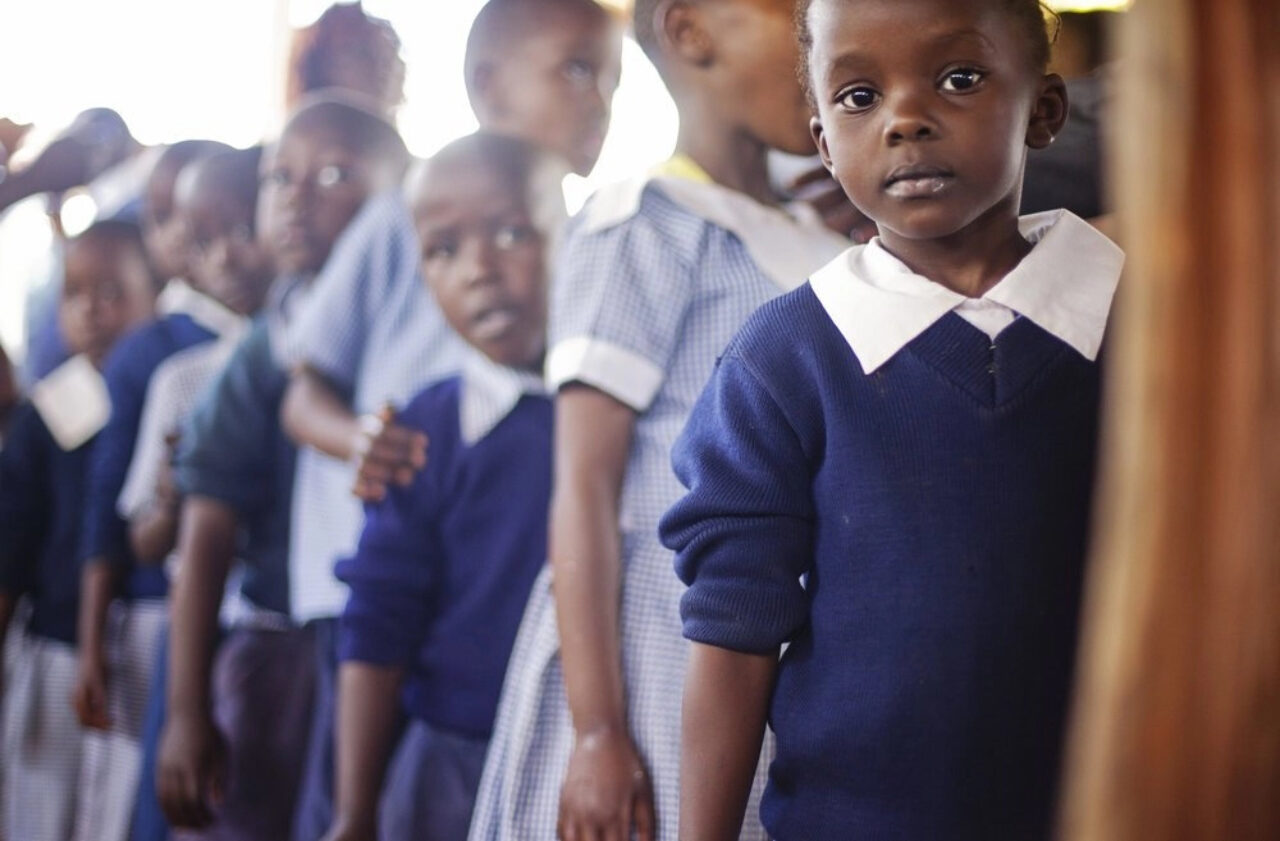
Give to the High Impact School Health Fund
Deworming through schools is a proven way to reach the greatest number of children at the lowest cost. Your donation to our High Impact School Health Fund helps us expand access to underfunded health solutions, like deworming, through school-based delivery.
